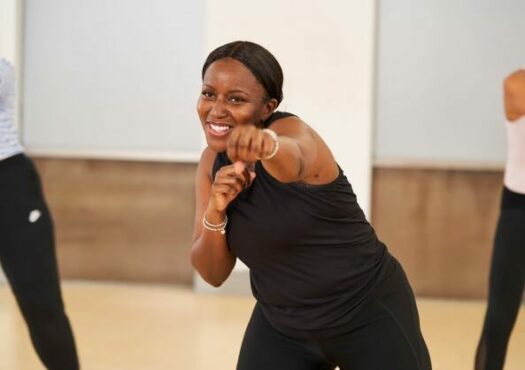Are You Menopause Ready?
Save this item
You might be thinking the menopause does not apply to me. I’m too young or I’ve already gone through the menopause.
Every woman and everyone with a female reproductive system who identifies as a man but hasn’t undergone any medical interventions will go through menopause eventually. This equates to 50% of the population. For too long the menopause has been a taboo subject and surrounded by myth and metaphor, this needs to change.
So, what is the menopause?
The menopause is a biological change with health associated risks. The average age in the UK for menopause is 51. You are considered post menopause when you have gone 12 months period free (over 50) or 2 years period free (under 50).
The menopause transition can happen between ages 45-55 but can happen younger. This is called premature menopause or premature ovarian insufficiency. The years leading up to the menopause are called peri-menopause.
It’s during this time people can become confused about what is happening within their own bodies. As our hormones start to fluctuate a variety of different symptoms can occur which you might not associate with the menopause transition. Menopause is not just about hot flushes.
Symptoms can include:
- Insomnia
- Fatigue
- Brain fog
- Increased anxiety and depression
- Weight gain/inability to lose weight
- Menopause can make people more at risk of Osteoporosis, heart disease, Diabetes, Strokes and Dementias due to reduced levels of Oestrogen and other hormones fluctuating.
Now is the time to become physically active to reduce the severity of symptoms associated with the menopause transition and improve heart health, bone health and brain health.
Being physically active has so many other benefits during this transition:
- Gives you time to make you a priority
- Helps remove external distractions
- Being in the presence tense/mindfulness
- Improved sense of self-worth and confidence.
- Greater health, happiness, and wellbeing from the physical, psychological, and social benefits that an active life brings.
Being physically active does not have to be boring! It’s not just about the gym. Find something that you enjoy, that brings you joy.
- A walk-in nature – Forrest bathing has been proven to reduce stress and anxiety
- Nordic walking – Tones your muscles and helps keep your bones strong
- Pilates – Improves posture and pelvic floor function
Search Pilates on Website
- Yoga – promotes relaxation and aids sleep
Search Yoga on Website
- Dance – improves co-ordination and agility
Search Dance on Website
Above are just a few suggestions to help you live a happy healthy lifestyle. Check out the rest of the Everyday Active website for some more ideas on physical activity options in your area. Contact your local Everyday Active Champion on your local community pages.
Free! Public Health Awareness sessions
Three quarters of women in the UK say that the menopause has caused them to change their lives with 82% of women experiencing negative side-effects of hormone fluctuations during the menopause transition. (British Menopause Society)
Topics discussed at the Free public health awareness sessions:
- What is the Menopause
- What is the Peri-menopause?
- What can happen when hormones start to fluctuate
- How to manage a hot flush, insomnia, weight gain and improve emotional wellbeing during this transitional life phase
- Why it’s important to look after your Heart health, Brain Health, and Bone health.
- Strategies to help maintain health and wellbeing and reduce negative symptoms in this life phase.
- Information, resources, and signposting to help you during this transition.
These sessions are designed for men and women and those who were assigned female at birth. For more information about the sessions, please contact the Public Health Educators and Menopause Champions, Nicola Kidney:nicola.kidney@medway.gov.uk or Sarah Holliday:sarah.holliday@medway.gov.uk.
 ) located in the address bar to open the share menu.
) located in the address bar to open the share menu.